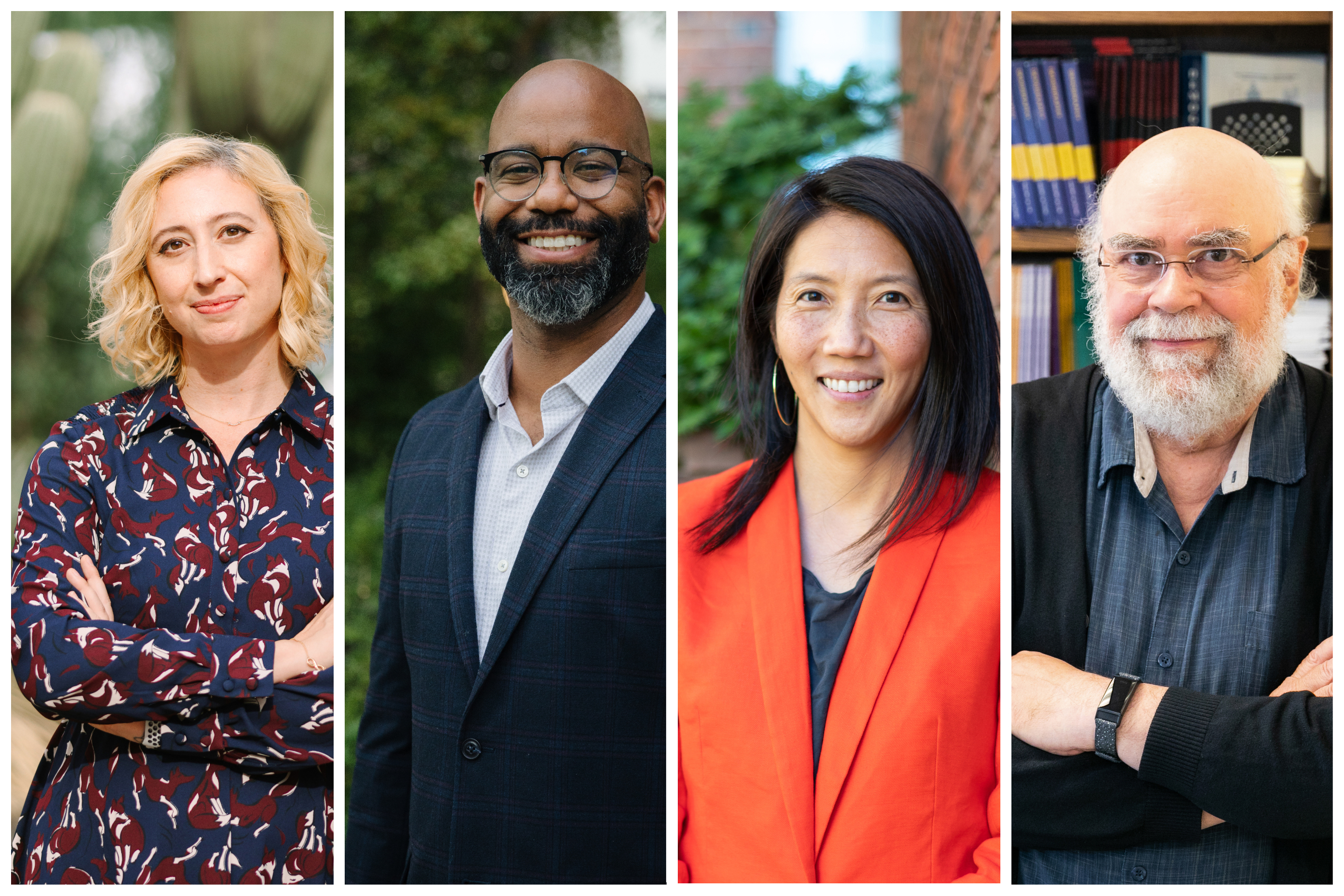
MacArthur Fellowship
Every year in the United States, 20-30 exceptional Americans receive a MacArthur Fellowship for their original, creative, and “genius” level contributions to society. Fellows receive a no-strings-attached award of $800,000 dollars and the bragging rights of the “genius” title. Since 1981, 1086 American physicists, mathematicians, historians, poets, entrepreneurs, musicians, lawyers, and even social scientists have received this prestigious recognition and award.
In 2022, four social scientists were named MacArthur fellows – Steven Ruggles, Jennifer Carlson, Reuben Miller, and Emily Wang. Here at the end of the year, TSP offers readers a brief profile of these social science geniuses and some of their groundbreaking contributions.
Steven Ruggles
The amount of population and demographic data in the world has increased exponentially in modern times. How this data is gathered, organized and made publicly accessible worldwide is the obsession of this MacArthur genius. Steven Ruggles is Regents Professor of History and Population Studies, and director of the Institute for Social Research and Data Innovation at the University of Minnesota. As a historical demographer, he specializes in gathering and organizing datasets about how people have lived, and how that’s changing.
While previous researchers only collected data that was relevant to their specific projects, Ruggles has spearheaded the creation of the largest population statistics database on earth, spanning the years 1790 to 2010. “Our goal is ambitious: we seek to democratize access to data describing the world’s changing population by making them easily usable, interoperable, and freely available,” Ruggles told the MacArthur foundation. For more on demographic data, check out this 2010 interview with Robert M. Groves, then director of the Census Bureau.
Jennifer Carlson
In a country where guns outnumber people, research on the role that guns play in our society is surprisingly scarce. Jennifer Carlson, a distinguished professor of Sociology and Government & Public Policy at the University of Arizona, has dedicated her career to the advancement of gun knowledge. Leveraging the power of “on the ground” research, Carlson uncovers America’s complicated relationship with guns and the people who own them.
Today, Carlson is currently working on research that examines how gun violence negatively impacts survivors physically, emotionally, socially and politically. She is also working on her third book, which highlights the dramatic increase in firearm sales that occurred during the political upheaval of the 2020 election and pandemic. She encourages Americans to have better debates about guns and is passionate about how her research can advance current gun discourse.
Reuben Miller
As a former chaplain and prison advocate, and current professor at the University of Chicago, Reuben Miller harnesses the power of storytelling and cutting-edge social science research to understand the complexities of incarceration. His work breaks down the divides between social work, sociology, and criminology to give us a better, deeply grounded and empathetic understanding of individuals who have experienced incarceration and their families.
With vivid detail and unflinching honesty, Miller’s ethnographic research highlights the long-term and often overlooked impacts of incarceration, showing how punishment continues long after serving a sentence. At a societal level, he calls for a shift towards “radical hospitality,” where society embraces everyone, including those who have committed crime. In the past year his book has been nominated for several literary awards including the Herbert Jacob Book prize.
Emily Wang
Working between the fields of medicine and social justice at Yale, Professor of Medicine and Public Health Emily Yang has dedicated over a decade of work towards crafting better healthcare for formerly incarcerated individuals. Wang had become aware of the heightened health risks of individuals transitioning out of incarceration during her work as a physician at University of California, San Diego, and thus co-founded the Transitions Clinic Network.
Wang’s approach has been much more than just clinical care. Her synergistic work intentionally combines sociological research and medical knowledge to address the health inequities of formerly incarcerated people. Her direct involvement with communities is guided by the lived experiences of those needing care and focused on addressing the lack of accessible, quality care available. Wang extends the traditional role of public health into informed advocacy for community wide healing – medically, politically, and sociologically.
